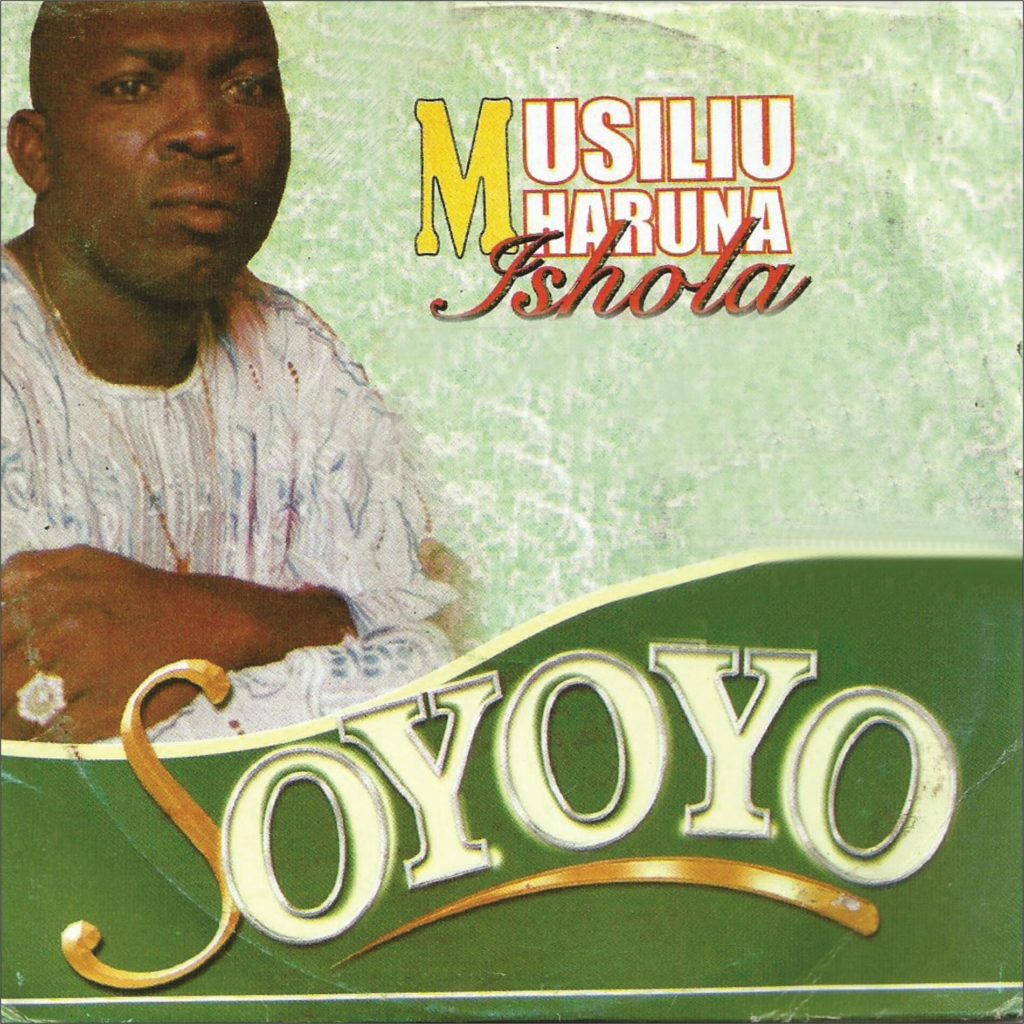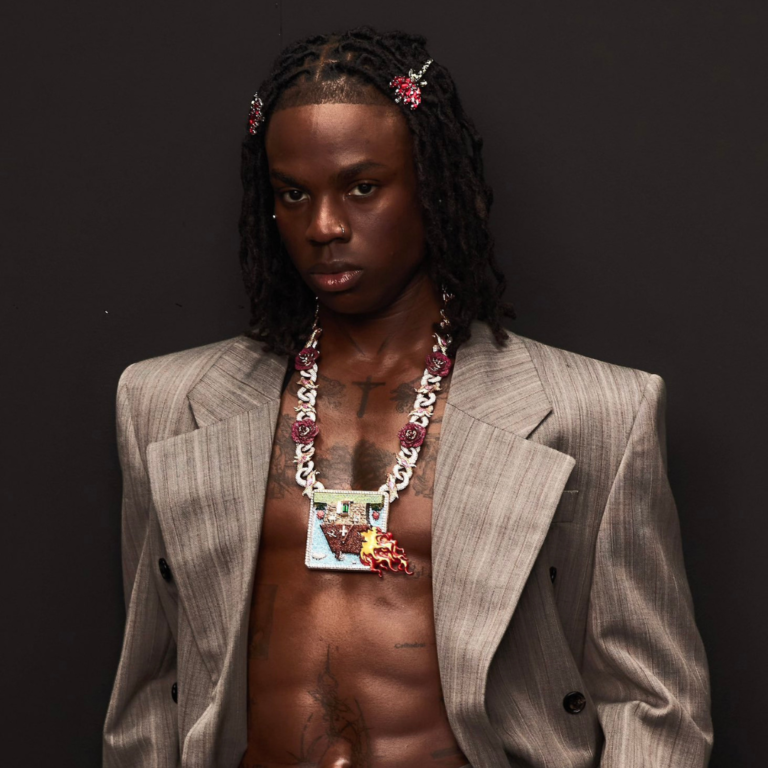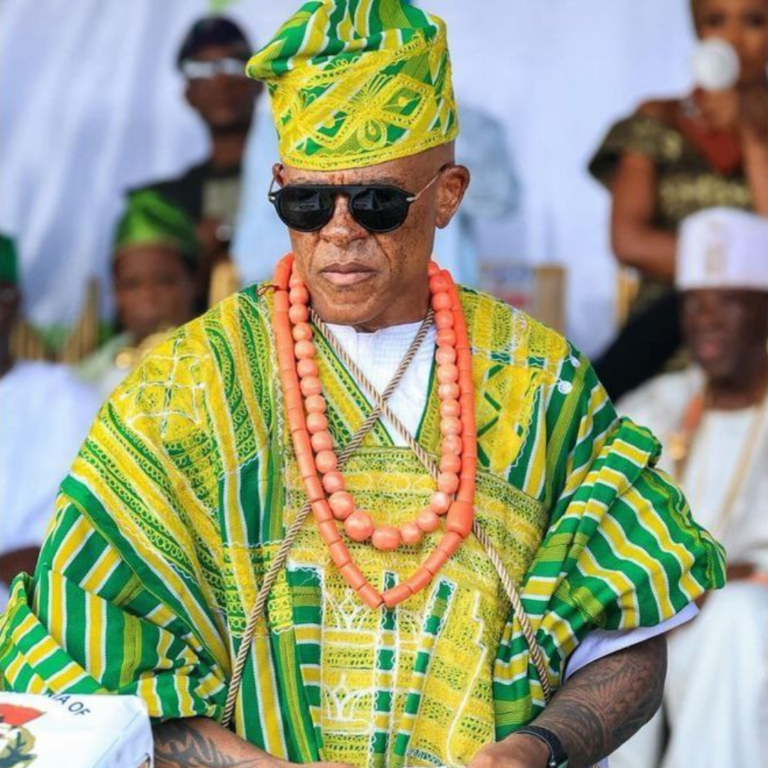Many young music listeners might have heard popular Apala jams like Opon Apala Ti Sun and Ise Oluwa Ko Seni Toye, which Fireboy DML interpolated in the intro of his latest recent album, adedamola. But the culture and history of Apala music go beyond these popular jams.
In Nigerian music, Apala stands tall as a genre that proudly wears its Yoruba heritage on its sleeve. The music style is born from the rhythmic beats of traditional Yoruba sounds, a unique blend of percussion, melodic chants, and soul-stirring harmonies that have captivated audiences for generations.
But what makes a great Apala album?
From the body of work of Haruna Ishola to Ayinla Omowura, over the years we’ve created great Apala albums that have continued to be mainstays at parties. See below our greatest Apala albums of all time:
Oroki Social Club — Haruna Ishola
By the time Haruna Ishola released Oroki Social Club, his arguably biggest-selling album to date, with his Apala Group band in 1971, he was a big shot in the local music world. He reportedly sold five million copies under Decca Records, a British music company. His music applies deep Yoruba, Quranic citations, and adulation to high-profile people. In his music, which has been the dominant Apala sound for decades, the percussion is present but minimal, and the music is backed up by sonorous male vocalists.
The album title gives a specific nod to a popular social club in Osogbo, where Haruna and his band frequently performed.
One of the most memorable lines from the album’s titular track is “Students, come and dance / Our music, Apala is easy fenikeni (meaning “for anybody”).” The album’s huge success popularised the club and its founding members. Haruna Ishola is regarded as the father of Apala music today.
Ina Ran —Haruna Ishola
This Ina Ran (meaning “Fire has spread”) album came out under his Star Records Company Limited in 1974. It has six tracks that run for thirty minutes, singing about God’s might, the underworld powers, his musical superiority, soaring success, and his must-haves: peace, well-behaved children, and money.
Odun Orin Jo — Alade Ligali Mukaiba
Although Ligali sang majorly in proverbials and gave praises to high-profile individuals like his peers, this Odun Orin Jo album states clearly that he has stepped up and no one can get on to his level. This point becomes even clearer on Kos’Olode Tole ‘ibon P’Eja Lomi (meaning, “There’s no hunter that can kill a fish in a river with a gun”). Unlike his contemporaries, Ligali’s music is solemn and devoid of abuse, but his superpower was how he wielded language deeply. His music is filled with bars-on-bars that need deciphering.
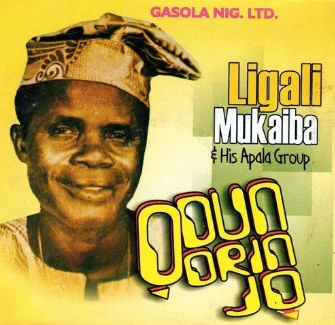
Ebi Ki Pagun D’ale — Ayinla Omowura
“Ebi ki pagun d’ale” means “a vulture never hungers till night.” This album is Ayinla’s Volume 18 project, one of the five albums that he allegedly recorded in less than eight months (October 1979 to May 1980). In the album he begs the Gods for wealth, riches, popularity and universal blessings. To date, Ayinla remains one of the genre’s biggest players. A biopic of his life was released in 2021.
E Lewure Wole — Fatai Olowonyo
One of Fatai Olowonyo’s hit albums is E Lewure Wole (Vol. 9) (meaning “chase the goat back into the house”). It became very big due to the titular diss track directed at his contemporary and rival Ayinla Omowura. Fatai took a shot at Ayinla’s facial features. This album became Fatai’s most popular work. In the Apala world today, E Lewure Wole is a cult classic that reverberates Fatai Olowonyo’s name as an Apala music OG.
Eni Fibi Su Olore — Kasumu Adio
Kasumu Adio hailed from Ijebu-Igbo, the unofficial mecca of Apala music. He wasn’t as big an Apala musician as his contemporary and rival, Haruna Ishola, but he held his own in his time. He may sound similar to Haruna Ishola, but when they were both in the heat of their beef, they challenged each other, sparring with deep usage of Yoruba.
One of his outstanding albums is Eni Fibi Su Olore, a statement directed at ingrates or people who make their benefactors regret offering help. If you’re looking for Kasumu’s impact on Apala music, it’s in his lyricism.
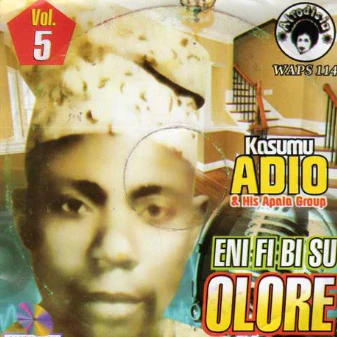
Soyoyo — Musiliu Haruna Ishola
Almost three decades after Haruna Ishola mentioned “Soyoyo” in his Ina Ran record, his son, Musiliu Haruna Ishola, released the Soyoyo album in 2000. This album refreshed Apala music in a younger and more contemporary climate. It produced hits like Ise Oluwa Ko Seni Toye and Opon Apala Ti Sun. Although Musiliu Haruna Ishola is not as deep and lyrical as his dad, he knows how to craft catchy rhythms and slogans that tempt both young and old people.
